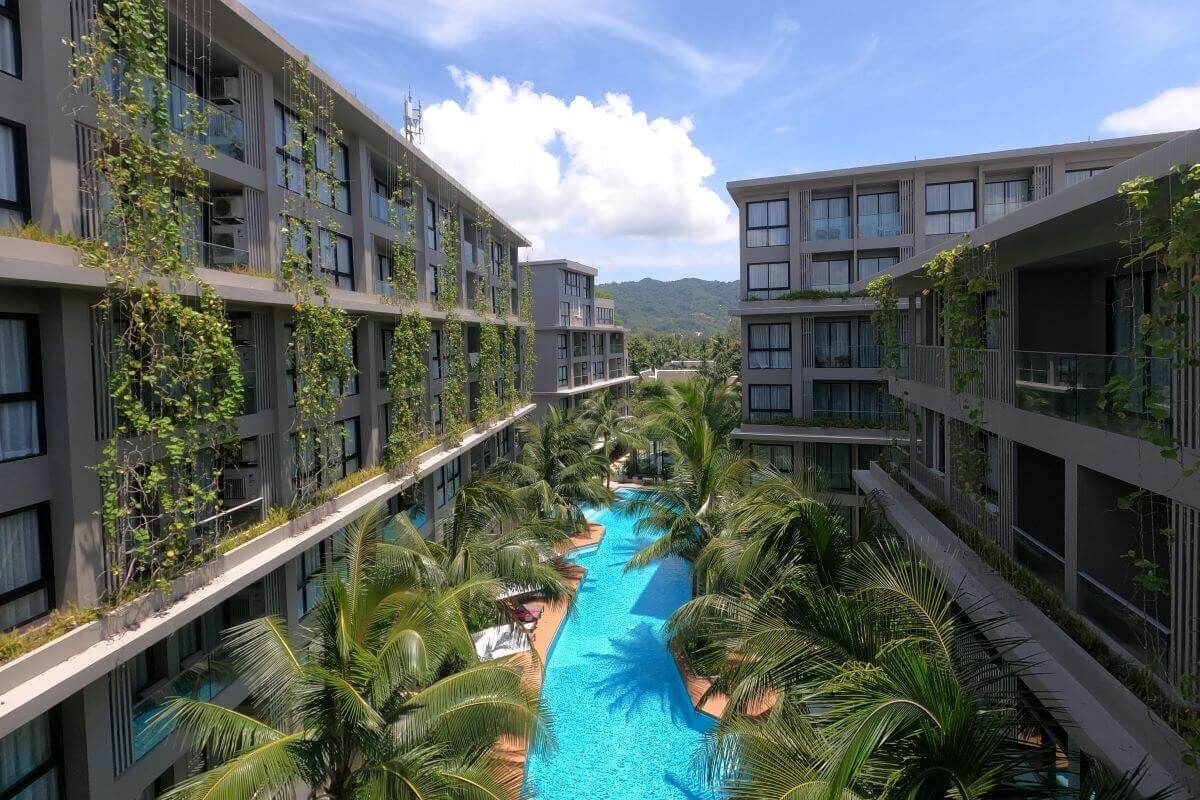
Thailand is one of the most popular destinations for real estate investment among foreigners. Its beautiful nature, warm climate, friendly people, developed infrastructure, and affordable prices attract many buyers from different countries. However, before purchasing property in Thailand, it's crucial to thoroughly understand the legal aspects of this process to avoid unpleasant surprises and problems.
The main legal issue faced by foreign buyers in Thailand relates to restrictions on land ownership. Under Thai law, foreigners cannot directly own land in Thailand but can do so through certain legal structures, such as:
Creating a Thai Limited Company: A foreigner can own up to 49% of the shares, with the remaining 51% owned by Thai nationals or legal entities. This method allows the foreigner to control the company and, through it, own land in Thailand. However, it requires significant costs for registration, taxes, accounting, and auditing of the company and is subject to the risk of checks by Thai authorities for compliance with the law.
Leasing Land: Lease agreements can be made for up to 30 years, with the possibility of renewal for another 30 years. This method allows foreigners to use the land in Thailand without creating a company but does not provide ownership rights. However, it also has downsides, such as reliance on the landlord's integrity, the need to register the lease agreement at the land department, and payment of taxes and fees for the lease.
Obtaining Permission to Purchase Land: This is possible from the Ministry of Interior of Thailand, allowing direct land ownership. However, this method is rarely used in practice as it requires strict conditions, such as having permanent residence in Thailand or being married to a Thai national, investing a minimum of 40 million baht (about 1.2 million dollars) in the Thai economy, buying no more than 1 Rai (1600 square meters) of land, and using the land only for residential purposes.
Due to these restrictions, most foreign buyers in Thailand prefer not to buy land but apartments or villas in condominiums. A condominium is a multi-apartment building where each unit is a separate property, and common areas like stairways, elevators, pools, gardens, etc., are jointly owned. Thai law allows foreigners to own up to 49% of units in a condominium, while the remaining 51% must belong to Thai nationals or legal entities.
The advantages of buying an apartment or villa in a condominium for foreign buyers include relative ease and speed of the purchase and sale process, no need to create a company or lease land, the potential for rental income, access to common facilities and services, and the possibility of obtaining resident status in Thailand for purchases over 10 million baht (about 300,000 dollars).
The risks include dependency on the quality and management of the condominium, which can vary from project to project, monthly or annual fees for maintenance and repair of common areas, compliance with condominium rules and regulations, and the need to consider market demand and supply, which can change based on the season, competition, and other factors.

Let's figure out what to pay attention to when choosing an apartment and what additional expenses may arise when buying property in Thailand.

Affiliate Program for Agencies and Individual Realtors. Selling real estate in Phuket, Thailand. Collaboration, advantageous terms, and support at every stage.